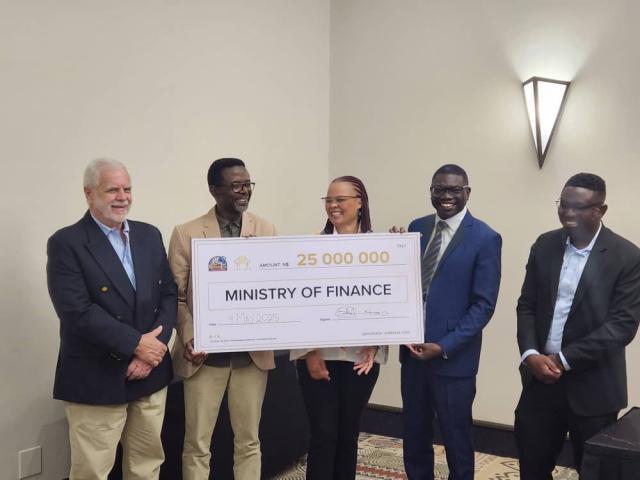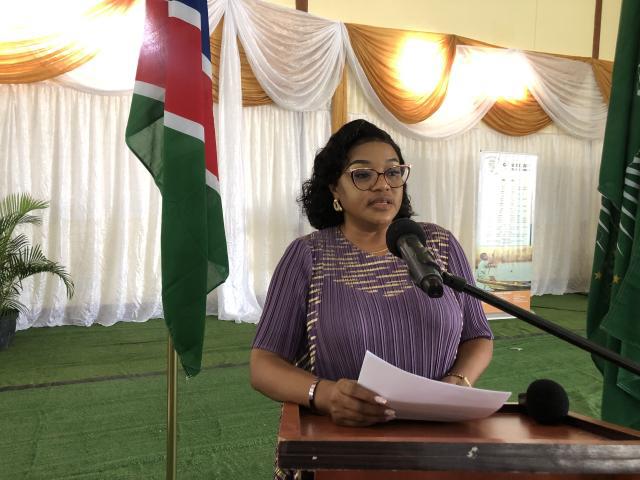THE theme for World Environment Day 2009 – ‘Your Planet Needs You – Unite to Combat Climate Change’ – could not be more appropriate for the group of animals that have the highest number of endangered, threatened and vulnerable species in Namibia: birds of prey.
The theme also suggests that each one of us is being asked to become managers of the environment; but management requires knowledge. With compassion and insight Nedbank Namibia’s environmental programme, Go-Green, has by popular demand sponsored the reprint of posters and booklets describing the value of and the threats to birds of prey in Namibia. These resource materials have already provided excellent classroom material for pre-primary through tertiary learning. Numerous tourist lodges and relevant Government offices have displayed the material and necessary feedback on marked (ringed) birds and on negative events such as poisonings have increased. The presence or absence of birds of prey has for decades been recognised as an excellent measure of the state of the environment. Birds of prey as diurnal or nocturnal predators and scavengers are an essential control and balance of the numerous ‘pest’ species that affect urban, agricultural and conservation environments. We need to be aware of who these birds are, what they eat and where and why they live where they do. Birds do not see national boundaries; many are local, intra- even inter-continental migrants. Globally the pollutants creating climate change affect their habitats and their food resources. Working towards a cleaner environment is everyone’s responsibility. Knowledge of birds of prey and knowledge of any changes in their population numbers and territories provide early warnings to changes in their life-support systems. These changes in the biodiversity of an environment may at first seem to be only a small part of planet earth, but if we cannot support that small part it seems unlikely that we will be able to support the whole. The Go Green Fund contributes to a range of conservation an environment projects. Nedbank Namibia donates N$500 for every home loan and N$150 for certain vehicles financed through Nedbank Namibia’s Go green Fund. The posters and booklets ‘Large Birds of Prey – Namibia’ and ‘Owls of Namibia’ can be collected free of charge at the offices of the Namibia Nature Foundation or from Nedbank Namibia branches countrywide. * Liz Komen is the Director of NARREC, the Namibian Animal Rehabilitation, Research and Education Centre.
Stay informed with The Namibian – your source for credible journalism. Get in-depth reporting and opinions for
only N$85 a month. Invest in journalism, invest in democracy –
Subscribe Now!










